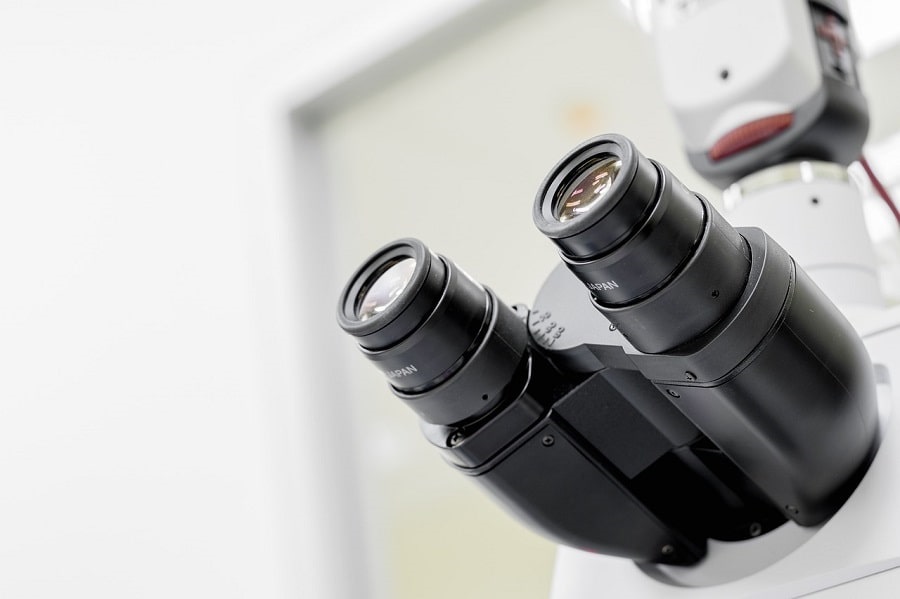Iberdrola (Spain) has successfully placed the first foundation for the Baltic Eagle offshore wind farm into the seabed during the past weekend. Following the impressive installation of the offshore substation platform (OSS) in February 2023, the company is now entering the core stage of the Baltic Eagle construction phase.
Currently, the heavy-lift installation vessel Svanen is working off the island of Rügen in the offshore wind farm, which is located 30 kilometers northeast of the German island of Rügen and covers a 40 square kilometer area. On the basis of a special feeder concept, the monopiles of the Rostock-based company EEW SPC are towed from the Port of Rostock out to the construction site and positioned upright by the gripper.
The steel piles with a diameter of between 8.75 and 9 meters and a length of between 75 and 90 are then driven into the seabed.The transport of the transition pieces to the storage site in the Port of Mukran also began at the beginning of March. These transition pieces connect the monopile with the wind turbine. The transition pieces follow the installation of the monopiles and will be deployed in the second quarter of 2023.
The laying of the inter-array cables is then planned for later in 2023.
“We are pleased to be working with many experienced and professional partners on such a complex offshore project – as with EEW SPC, Windar and VanOord in this respect,” emphasized Iris Stempfle, Managing Director of Iberdrola Renovables Germany.
“We are fully on schedule with the construction of Baltic Eagle and continue to be a reliable partner for the decarbonization of the German industry with the expansion of the Baltic Hub to approximately 826 MW by the end of next year.”
With a production capacity of 476 MW, Iberdrola’s Baltic Eagle offshore wind farm will supply ca. 475,000 homes with renewable energy while reducing carbon dioxide emissions by about 800,000 tons per year. The farm is scheduled to be fully operational by the end of 2024.
Baltic Eagle is the second of Iberdrola’s three large-scale projects in Germany, along with the Wikinger (350 MW, in Pressemitteilung operation) and Windanker (300 MW, in planning) wind farms. Collectively, these offshore wind farms form Iberdrola’s so-called Baltic Hub, which will have a total capacity of more than 1.1 GW in 2026 and trigger an investment sum of about 3.7 bn €.
The Baltic Eagle offshore wind farm is an important building block in the integrated growth strategy that Iberdrola is pursuing in its core German market. In the field of sustainable energy solutions, the company aims to cooperate with key players in the German industry to support them in achieving their climate goals with market-based solutions. A core element here is the integration of PPAs into a modern electricity supply portfolio and the development of projects in the field of hydrogen production and trading.In Germany, Iberdrola bundles all its business activities in the wholly owned subsidiary Iberdrola Deutschland. The company, headquartered in Berlin, is the largest operator of offshore wind farms in the German Baltic Sea.
With its Offshore and Onshore divisions, Iberdrola Deutschland is active in the planning, construction, and operation of offshore and onshore wind farms as well as photovoltaic projects. The company offers its industrial and commercial customers tailor-made solutions for the supply of green energy, from the classic supply of electricity including portfolio management services, to long-term PPA contracts linked to Iberdrola’s own renewable energy plants, to PV solutions for on-site self-consumption. Iberdrola Germany also provides cross- technology integrated solutions, such as battery storage or the use of green hydrogen for industrial use.
Iberdrola, Europe’s largest electricity utility by market capitalization and one of the world’s top three electricity companies, is a leader in renewables, spearheading the energy transition to a low carbon economy. The group supplies energy to almost 100 million people in dozens of countries. With a focus on renewable energy, smart networks and smart solutions for customers, Iberdrola’s main markets include Europe (Spain, the United Kingdom, Portugal, France, Germany, Italy and Greece), the United States, Brazil, Mexico and Australia. The company is also present in growth markets such as Japan, Taiwan, Ireland, Sweden and Poland, among others.
The company has a workforce of over 40,600 and assets in excess of €154.6.billion. In 2022, Iberdrola posted revenues of nearly €54 billion, net profit of €4.34 billion, with €7.5 billion paid in tax contributions in the countries where it operates. The company helps to support more than 400,000 jobs in communities across its supply chain, and global supplier purchases topped €17.8 billion in 2022. A benchmark in the fight against climate change, Iberdrola has invested more than €130 billion over the past two decades to help build a sustainable energy model, based on sound environmental, social and governance (ESG) principles.
Headquarters: Bilbao, (Basque Community), Spain











